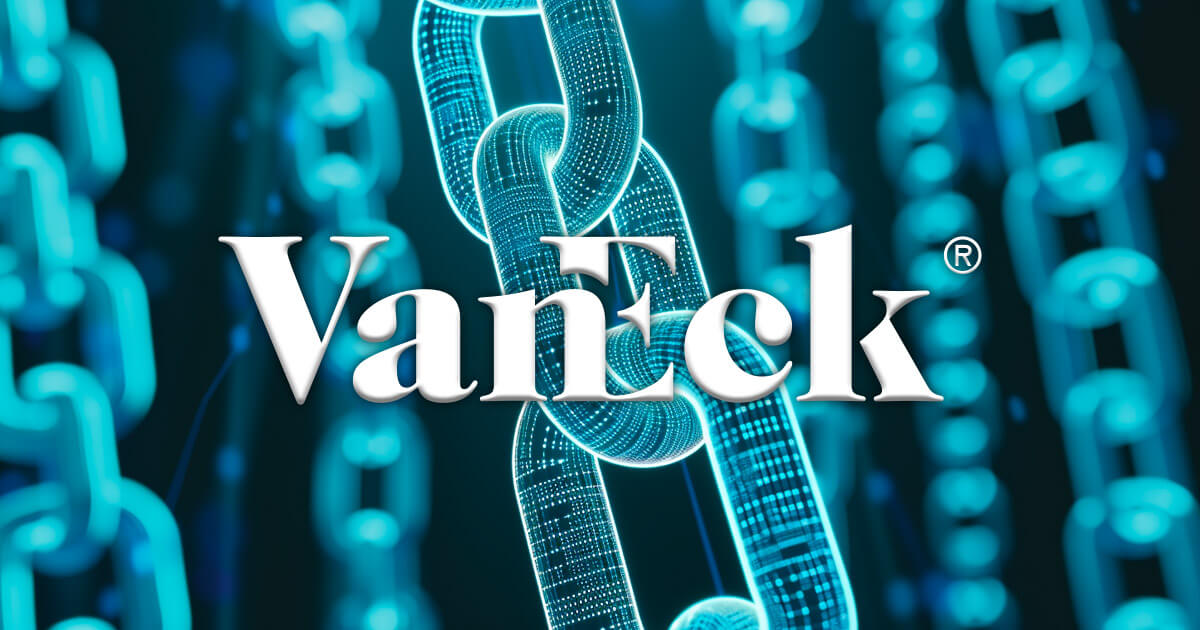
Jan van Eck, CEO of the distinguished international funding administration agency VanEck, believes there are two main hurdles hindering the tokenization of real-world property (RWAs).
The CEO shared his insights on the matter throughout a latest interview with Raoul Pal. His remarks come within the wake of VanEck’s latest accomplishment of being among the many 11 companies authorised by the U.S. SEC to launch a spot Bitcoin (BTC) exchange-traded fund (ETF).
The tokenization of real-world property, comparable to actual property, artwork, or commodities, has the potential to revolutionize funding methods by offering elevated liquidity, transparency, and fractional possession. Nevertheless, the challenges outlined by van Eck are important hurdles that must be addressed.
Liquidity provision requires refined market-making mechanisms, and the regulatory atmosphere must evolve to supply clear pointers and a supportive framework for these improvements.
The liquidity drawback
In accordance with van Eck, the primary and first barrier to tokenizing real-world property is liquidity — particularly, answering the query of “who supplies the liquidity?”
Tokenization, the method of changing rights to an asset right into a digital token on a blockchain, theoretically permits for any asset to be tokenized. Nevertheless, van Eck mentioned that the presence of a purchaser and vendor is just not adequate. He famous:
“Somebody has to make a market in it [the tokenized RWA], and somebody’s bought to become profitable making a market in it, so it’s not simply that [someone] can create a tokenized real-world asset of something, it’s who’s offering the market construction across the liquidity.”
This highlights the necessity for a market maker, a job that requires not solely pricing the asset but in addition cashing in on the market-making course of. This side brings forth the problem of who would and will fulfill this function, particularly for property that aren’t as simple to cost as main inventory indices just like the S&P 500.
Regulation
In the meantime, the second major concern hindering the tokenization of RWAs is the regulatory panorama.
In accordance with van Eck, there is no such thing as a clear reply to the query of the place to determine a marketplace for tokenized property with out encountering important regulatory challenges.
The CEO mentioned the U.S. at present presents a posh regulatory atmosphere for such ventures and is unlikely to turn into the first jurisdiction for such markets till the panorama modifications. He added that regardless of regulators starting to heat to tokenization, the shortage of clear laws for the trade means progress will stay subdued.
Alternatively, van Eck mentioned that Europe’s mixture of a big retail market and a extra accommodating regulatory framework for crypto investing and buying and selling makes it a extra viable candidate for these developments.
Europe’s regulatory method to cryptocurrency and blockchain know-how has been extra progressive in comparison with the U.S. The EU has been actively engaged on a complete framework for crypto property, generally known as Markets in Crypto-Property (MiCA), which goals to harmonize laws throughout member states and foster innovation whereas guaranteeing investor safety.

